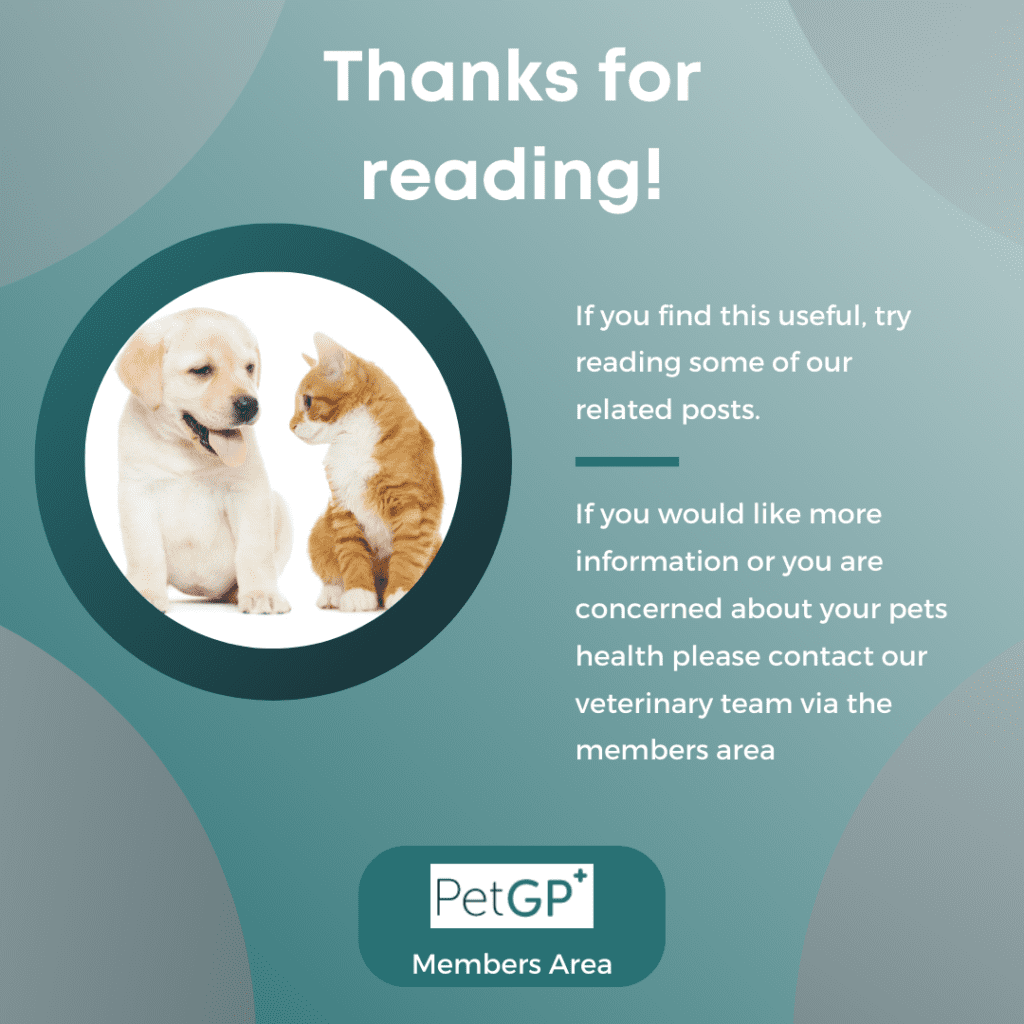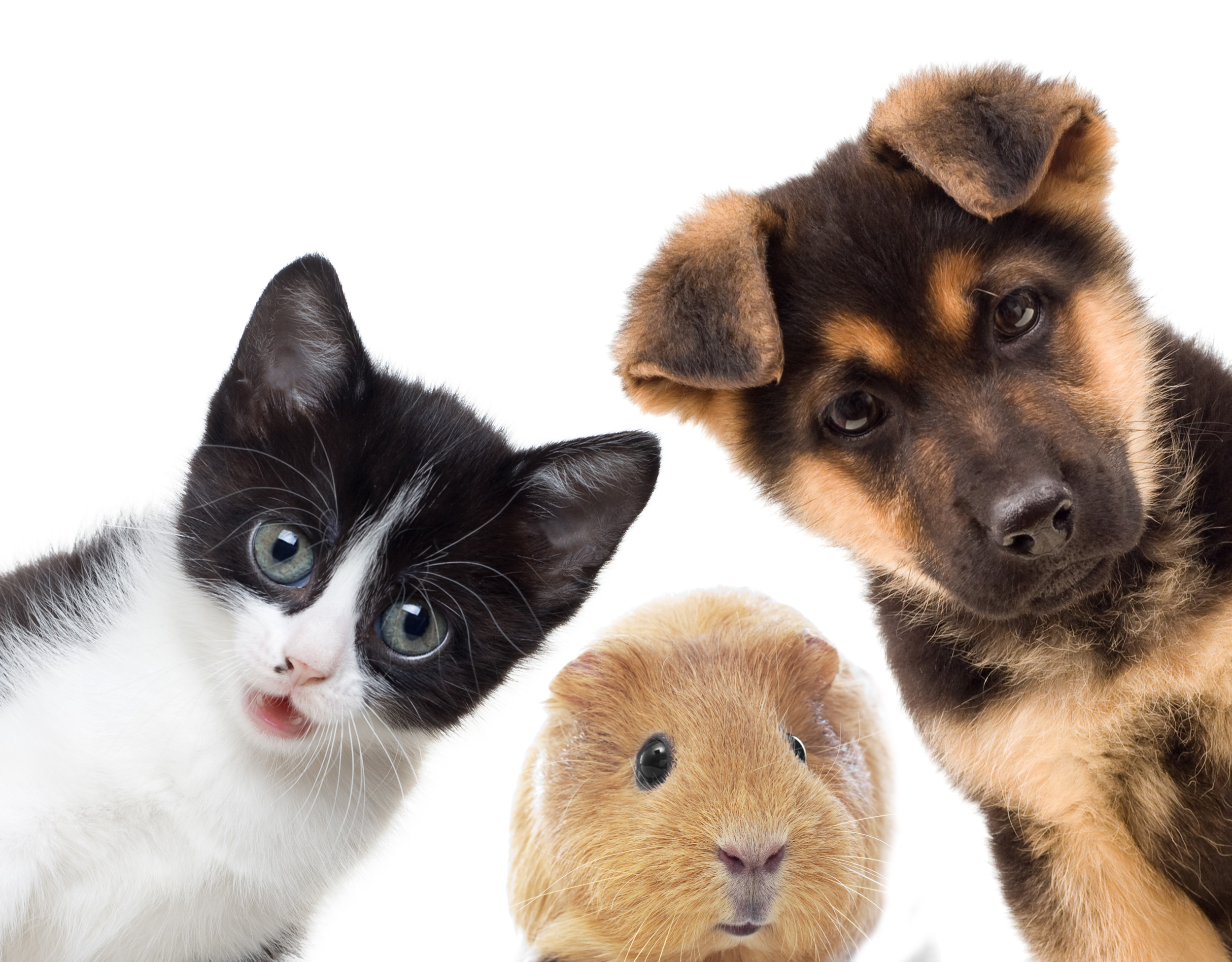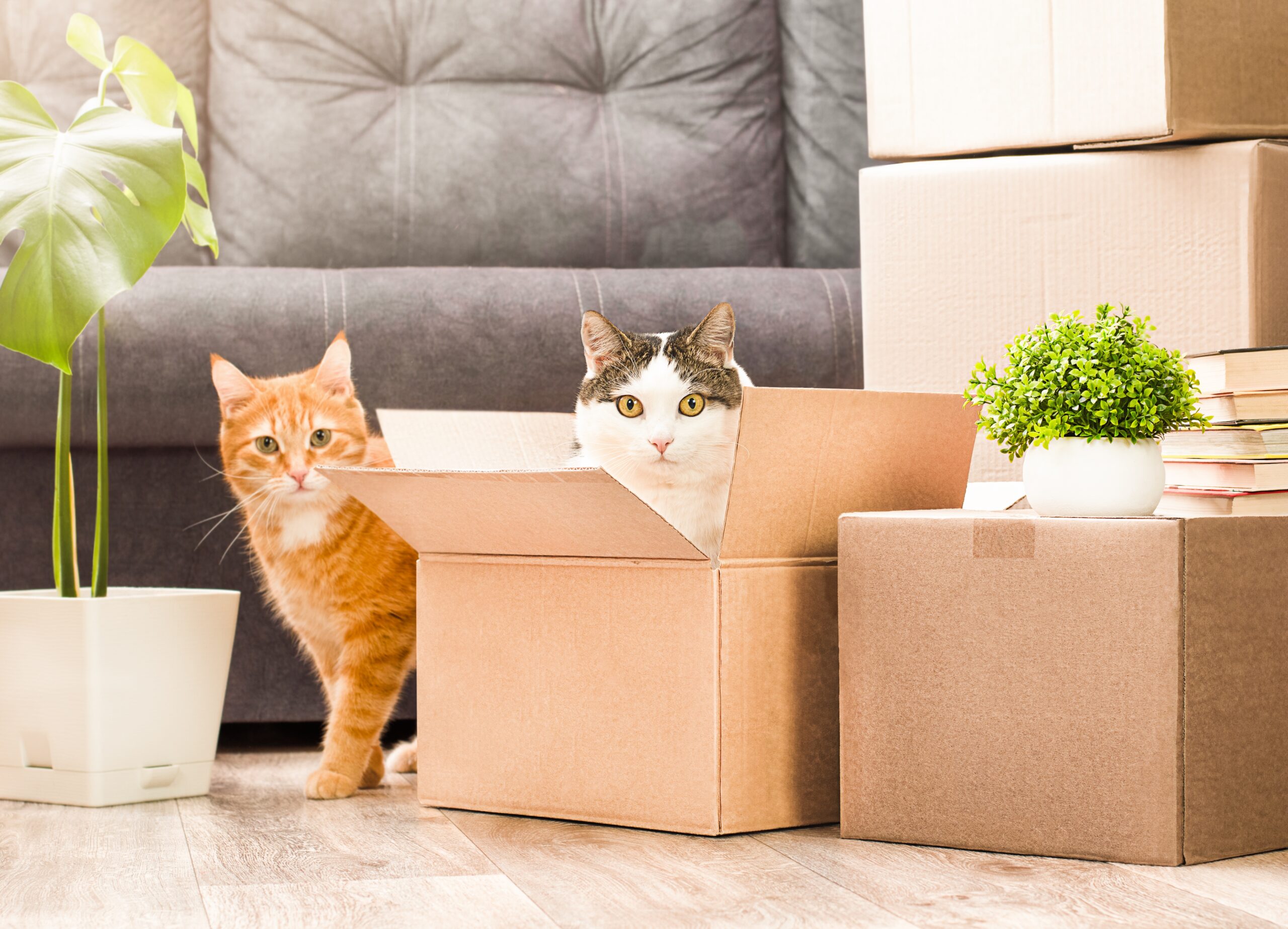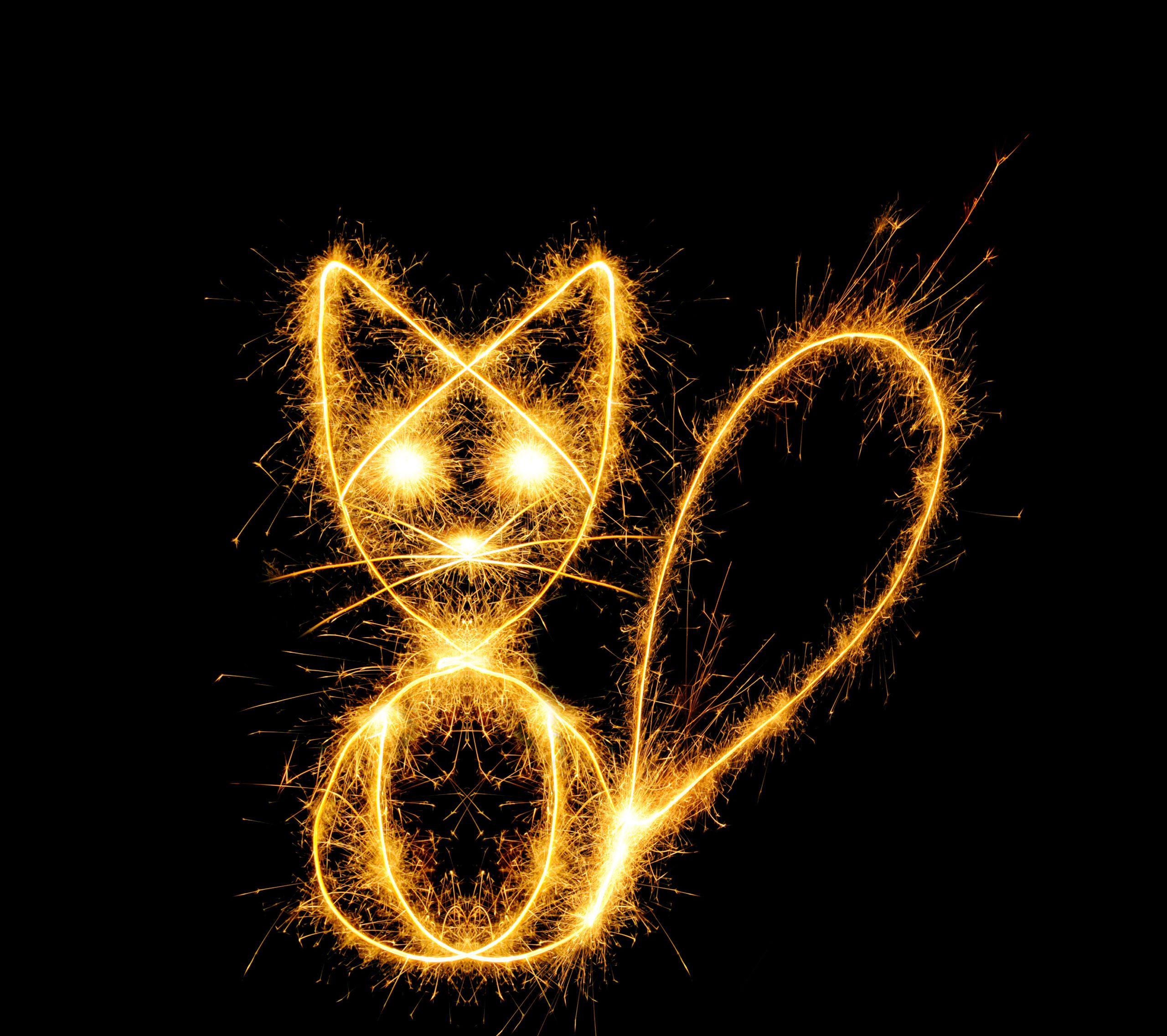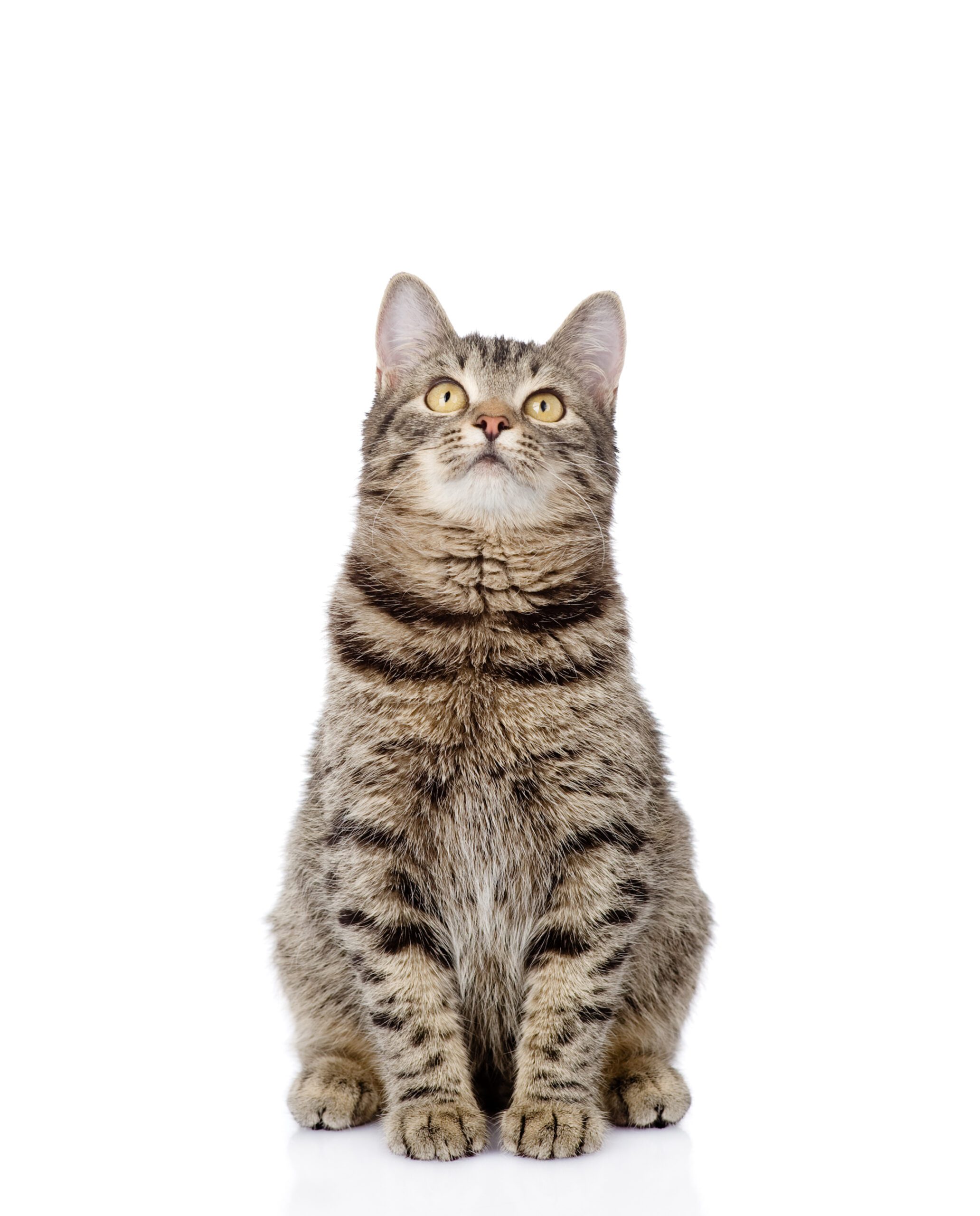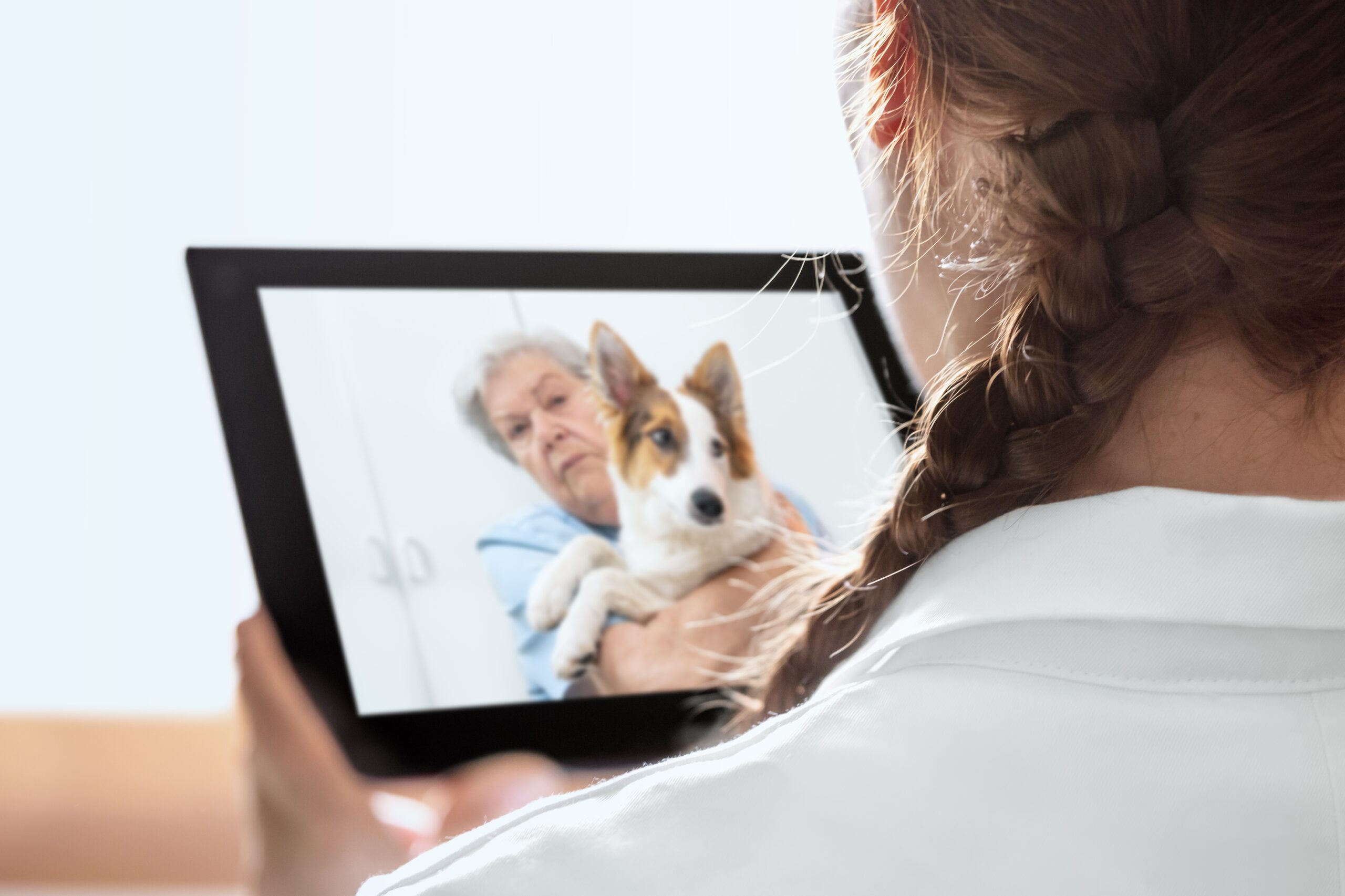Ten signs that your cat loves you.
Although cats get a bad reputation as being a bit cold and aloof, they do love us is in their own special way. Many cat owners, lovers and experts will tell you this. Its important to know how to spot that your cat loves you. We’ve listed ten different ways that a cat may subtly be telling you that they love you. By recognising these signs it will help you build a bond with your pet. It may also help you realise the more subtle signs of when they may be unhappy and unwell as well.
Cat love
A strong bond can increase feelings of security and reduce stress. This is beneficial to both health and mental wellbeing for your cat. We can bond with our cats by meeting their basic needs. We can also bond through play and interaction with them each day. All family members and frequent visitors to the home can benefit from this bond. It can also be advantageous in emergency situations. This is because your cat is more likely to remain calmer and allow you to help them. The list below outlines the top 10 signs your cat loves you.
1, The slow blink
A cat with partially open, relaxed eyes is showing you that they feel relaxed and safe in your presence. They don’t need to be on high alert with their eyes wide and focused. If your cat slowly blinks at you this is known as the “kitty kiss” and is an ultimate sign your cat loves you. Next time you see your cat looking your way with relaxed eyes, try slowly blinking at them and see how they respond!
2, The headbutt
This may sound less of an act of love, and more an act of violence. Head butting is their way of showing you that they see you as one of them. Cats living in bonded groups will greet one another by butting heads. This is a way of scent swapping so a cat who does this to you is saying “hello friend” and shows that your cat loves you.
3, Grooming
Cats are generally very self-sufficient at keeping themselves clean and tidy. In bonded groups cats will groom one another known as ‘allogrooming’. This is a way for then to bond, swap scents and relax. Although their tongues feel a bit peculiar, your cat grooming you is a clear sign that they consider you family and shows that your cat loves you.
4, Kneading
Often referred to a making bread or biscuits, kneading is a sign that you make your cat feel safe. Experts have theorised that the action, performed by kittens to help stimulate milk flow from their mothers, is continued into adult hood as it reminds them of feeling safe and warm. The happier your cat is, the firmer they knead. Having a soft blanket between your skin and their claws to protect yourself can be a good idea. Especially if your cat is particularly loving.
5, Showing you their bellies
Cats are prey animals as well as being the predator that we all know them for. Cats who willingly rolls over onto their back to show you their belly are in an extremely vulnerable position. They are showing you that they trust you and feel safe and at ease with you. As tempting as it is, most cats do not enjoy having their tummy stroked. This behaviour is often mistaken for an invitation to have their tummy stroked. Unless you know your cat is a rare exception that enjoys a tummy tickle, don’t rub their belly as this can be a betrayal of trust.
6, Showing you, their bottom.
Whilst this probably isn’t the most pleasant sign of endearment, cat’s that love and trust us will often put their backside close to your face. Like with them showing us their bellies, presenting their bottom is them showing a more vulnerable side. It is also inviting you to share their scent. This definitely isn’t the most pleasant sign on our list, but your cat is saying “I trust you, let’s be friends”
7, Meowing and purring
All cat owners will agree that cats have quiet the variety of meows. Experts agree that a higher pitched ‘thrill’ or ‘chirrup’ is synonymous with a friendly greeting. Cats however will develop their own love language with their owner based on how you respond. It has been proven that cats only really meow to humans. They do not meow to their feline counterparts who rely on body language and scent to communicate.
The purr is another noise that can indicate happiness. It is important to note that experts have shown that cats will also purr when the cat is in pain or stressed. Purring can be a way to self sooth. It is important to take note of the entire situation before assuming your cats is happy.
8, Tail language
Your cat’s tail is a great way to gage their mood. A happy cat that is greeting you as a member of their family will hold their tail high and often in a curved, question mark pose. This is their way of saying “Hello, I am interested in you”
9, Your cat loves bringing you gifts
Cats are born to hunt; even indoor only cats will hunt their toys as a way of expressing their natural instincts. They are also sole survivalist meaning that they will not share their prey with other cats, (except for nursing queens) so your cat going against their instinct and sharing their prey with you is a sure sign of love, and that they think you are also a bit useless and can’t do it yourself.
10, Your cat loves sleeping near you
Sleeping is the cats ultimate state of vulnerability. In the wild they will only sleep in safe places where they are hidden away for safety so a cat who chooses to sleep near, or on you is their way of saying “you make me feel safe” and I am sure all cat owners can agree that there is nothing more comforting than a sleeping cat on your lap.
Practice your new cat love skills
After reading this list you may realise that your cat has been communicating it’s love to you for a while, and we hope that you have picked up some new tips to tell them that you love them straight back. As we have found, cats are not obvious when showing their love.
Don’t worry if your cat isn’t showing all or any of these signs, as all cats are individual and show their emotions differently. You can use some of these tips to help support your cats mental health.
